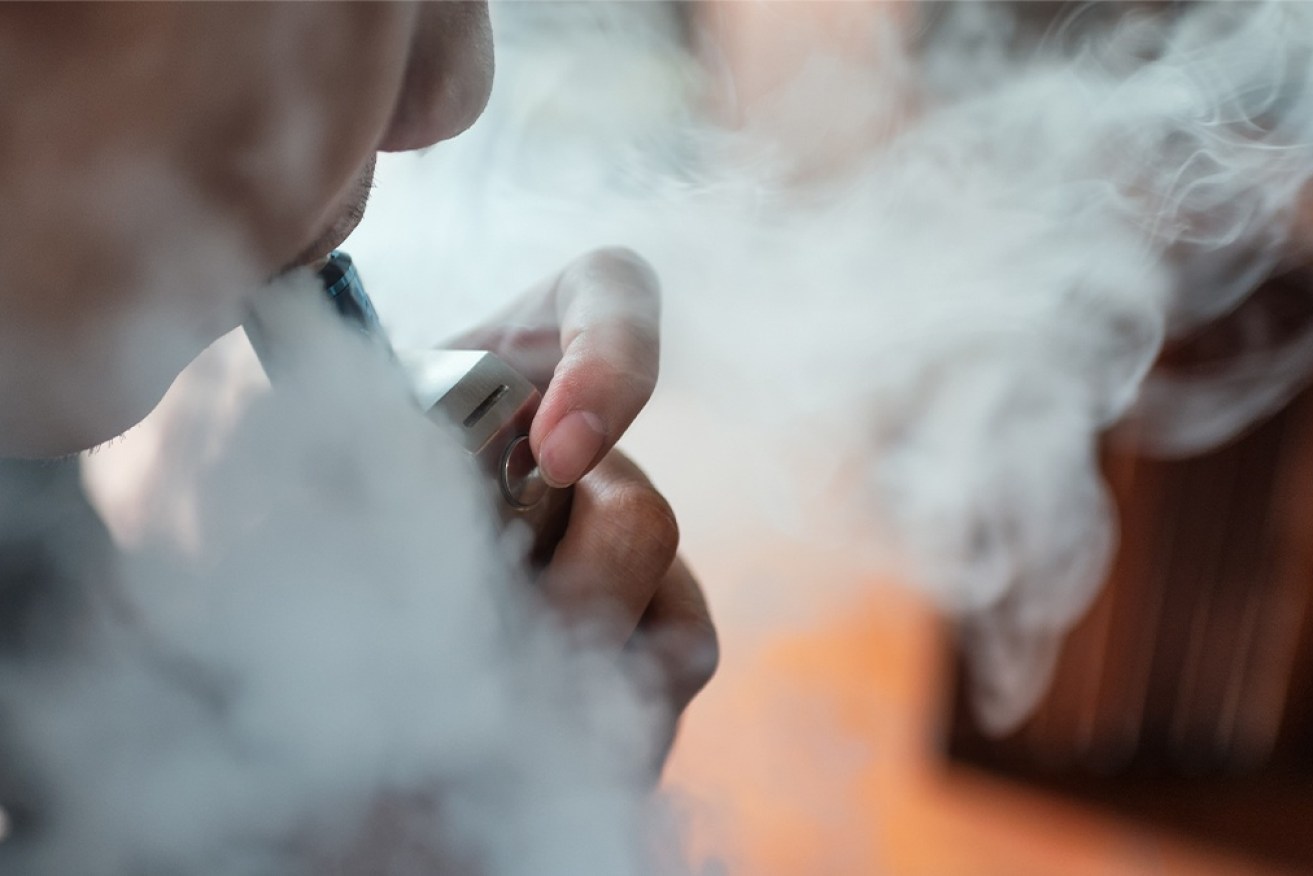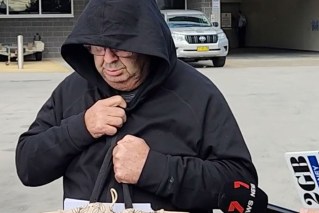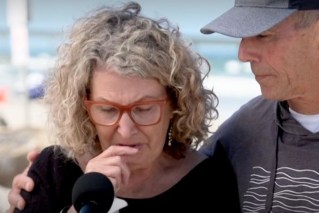Calls for major public education campaign to deter youth vaping


Vaping products have become increasingly popular among young people. Photo: Getty
Health authorities are being urged to roll out a public education campaign to deter young people from vaping nicotine.
As Australia’s chief medical officer Paul Kelly warned Australians on Thursday that vaping could become “the next big health issue after COVID”, experts highlighted the need to discourage young people from buying e-cigarettes.
“We certainly do need to step up and spend a little bit more time researching what public health messages would be most effective,” Flinders University professor in public health Billie Bonevski told The New Daily.
Nicotine vaping products are illegal in every Australian state and territory unless prescribed by a doctor.
But Professor Bonevski said regulating access and supply is often difficult and ineffective, and current bans are only half the battle.
“Anecdotal evidence is suggesting that it’s still really easy for young people to access e-cigarettes and vapes here in Australia, despite strict controls,” Professor Bonevski said.
“So we probably need better enforcement, but we probably also need public education and public health campaigns to discourage vaping uptake, particularly in young people.”

Vaping tricks go wild on social media, amassing thousands of likes and shares. Photo: TikTok
Professor Bonevski said Australian authorities should look to follow the US Food and Drug Administration, which launched a campaign in May to discourage young Americans from picking up a vape.
The FDA’s award-winning The Real Cost campaign uses marketing tactics and creative advertising developed in consultation with young people to warn them about the risks of nicotine addiction and harm from vaping.
One ad shows a young woman fishing a vape out of a school toilet, while others use computer-generated visualisations of dangerous heavy metals found in e-cigarettes.
According to the FDA’s website, the campaign was developed using extensive and ongoing research, including focus groups and national surveys with young people of all walks of life.
Professor Bonevski said similar campaigns in Australia fell well short, because authorities apparently had not evaluated how effective their messaging would be in discouraging young people from vaping.
“With young people, you can tell them not to do something and they’ll do exactly opposite that,” she told The New Daily.
“So you’ve got to have the research behind what you’re doing so that your language … imagery and your message is right for your target audience.”
The National Health and Medical Research Council released a report on Thursday about the health implications of e-cigarettes.
The report found that one in five Australians aged 18 to 24 who had never smoked reported having tried e-cigarettes, exposing their lungs to more than 200 chemicals and toxins, some of which can be fatal if inhaled.
Among them were potentially deadly ingredients commonly found in pesticides, disinfectants, paint thinners and industrial cleaning agents, as well as chlorine, mercury, uranium and formaldehyde.
The research was released hours after The Wall Street Journal reported that the FDA was planning to ban the sale of popular Juul vape products in the US.
The regulator had previously banned fruity flavoured vapes in 2019 because they appealed more to young people.
But according to the FDA’s data, banned products are still popular among youth vapers.








